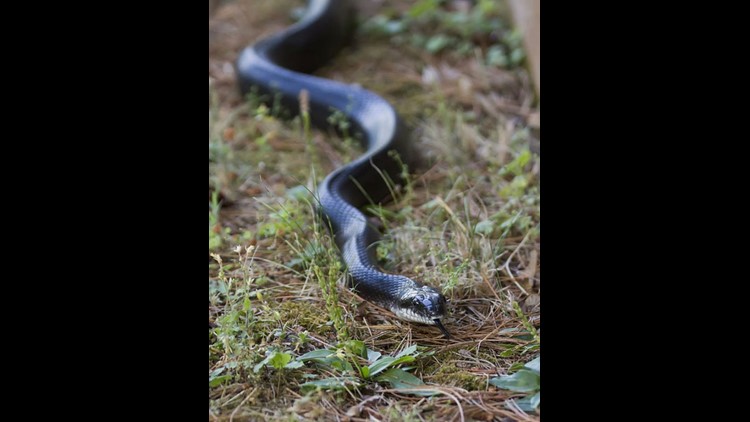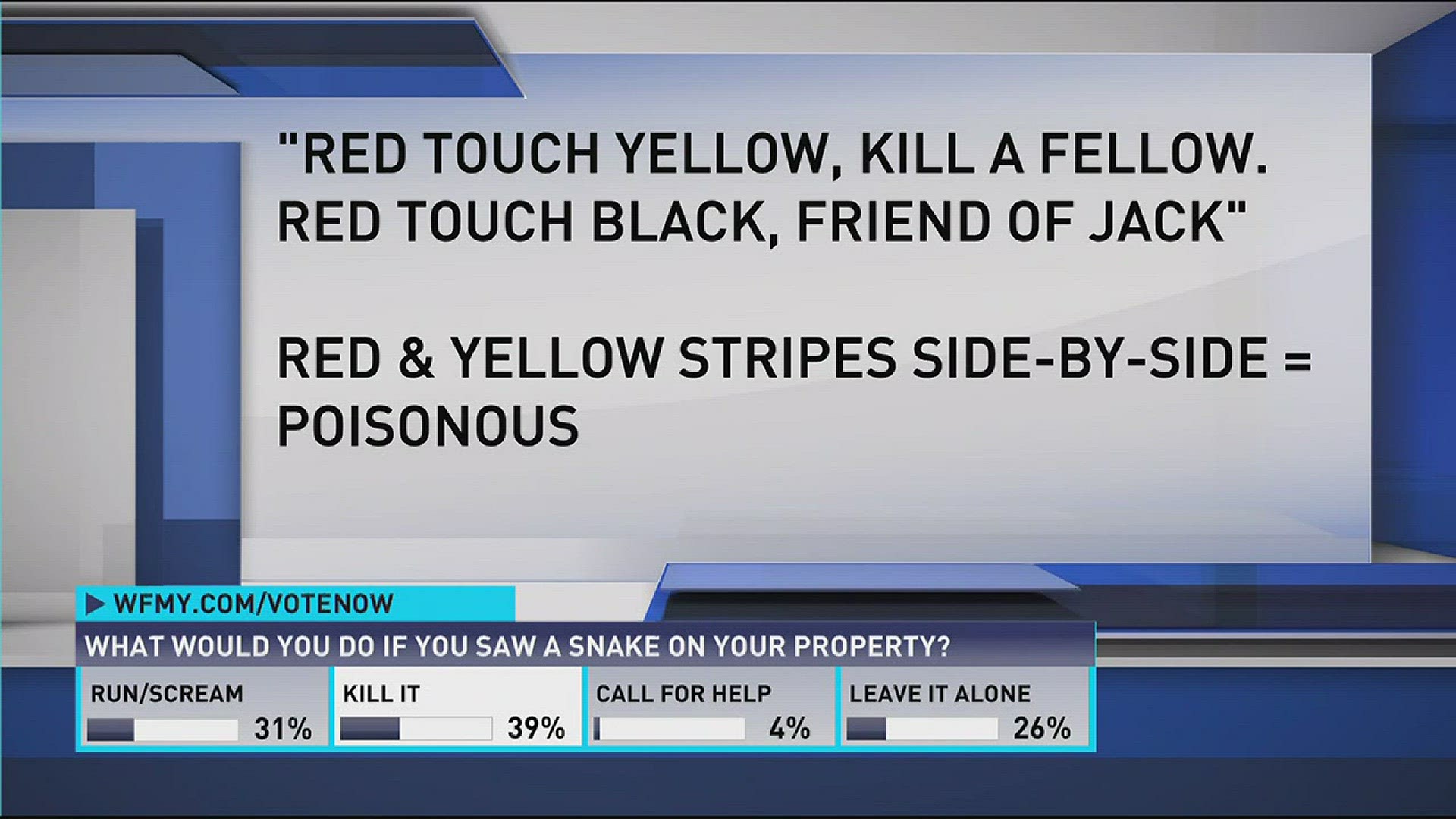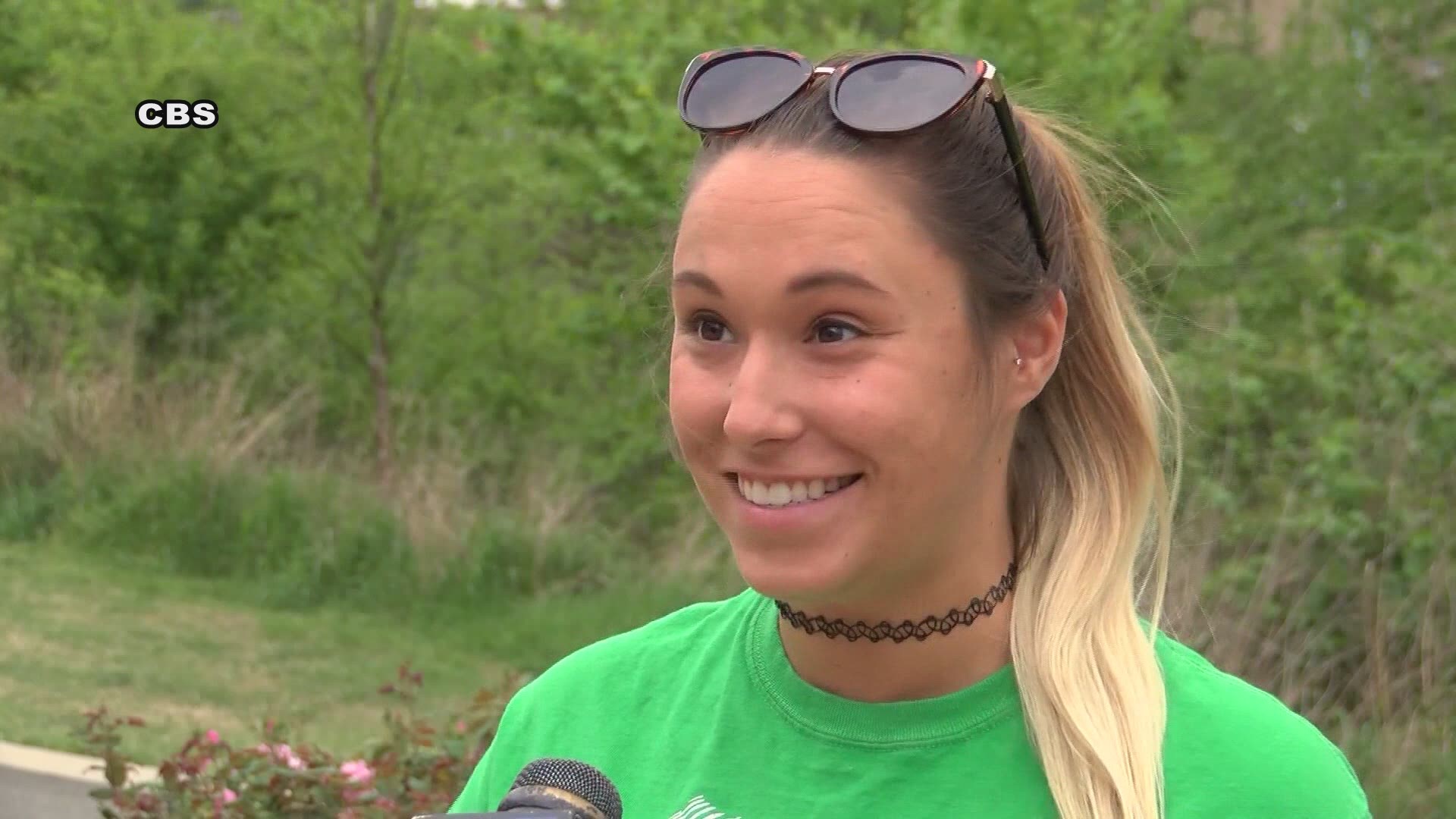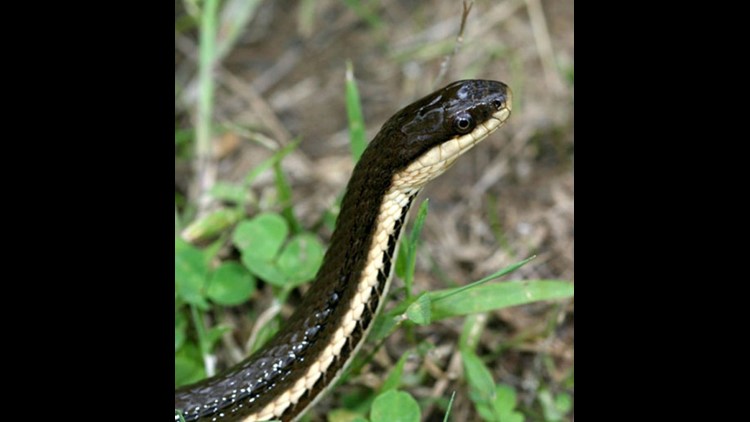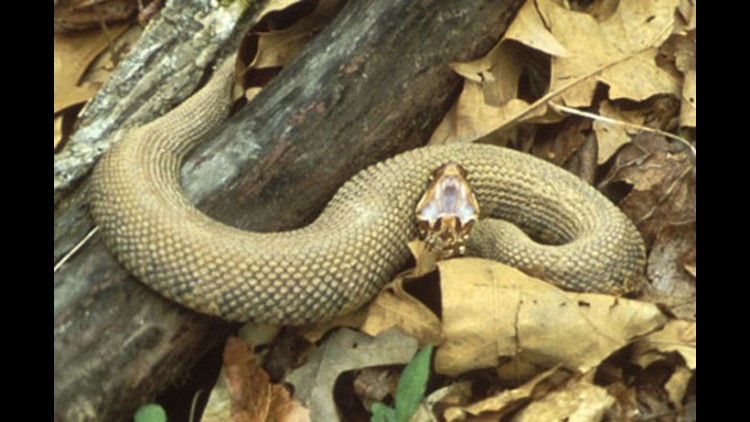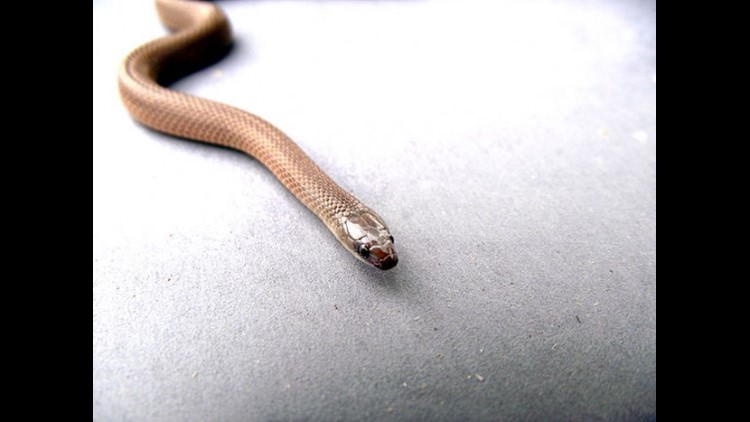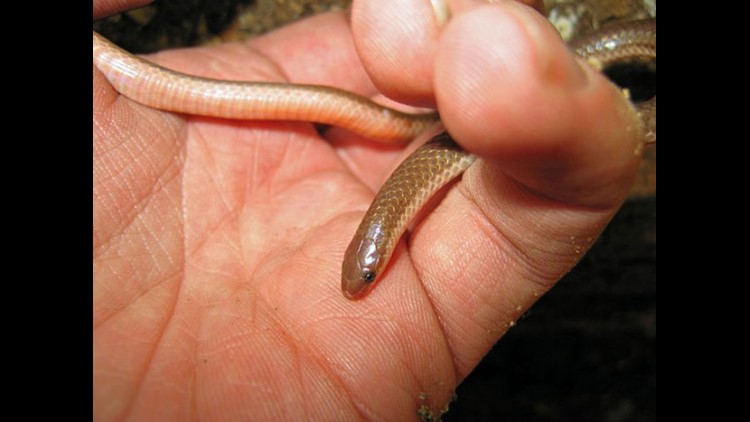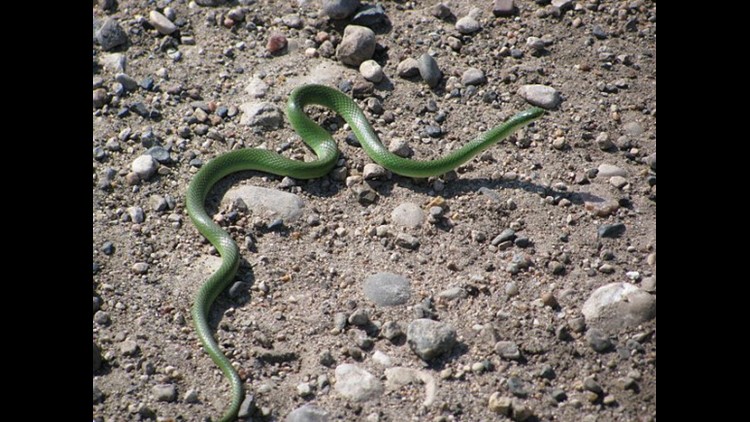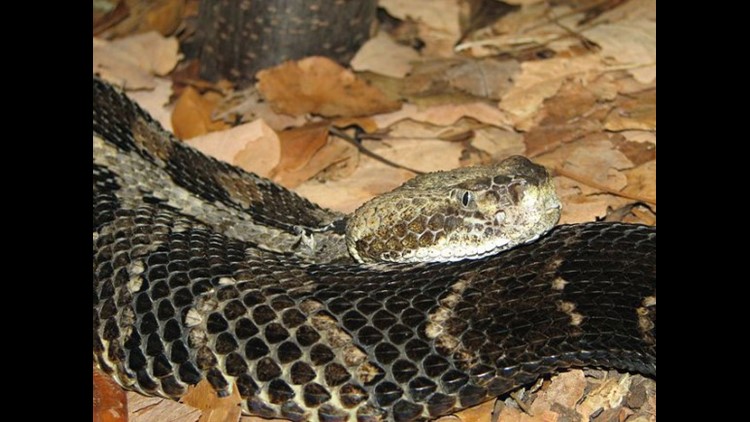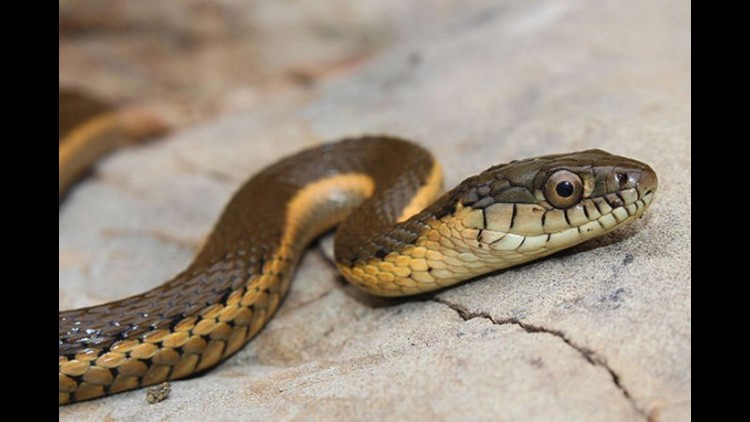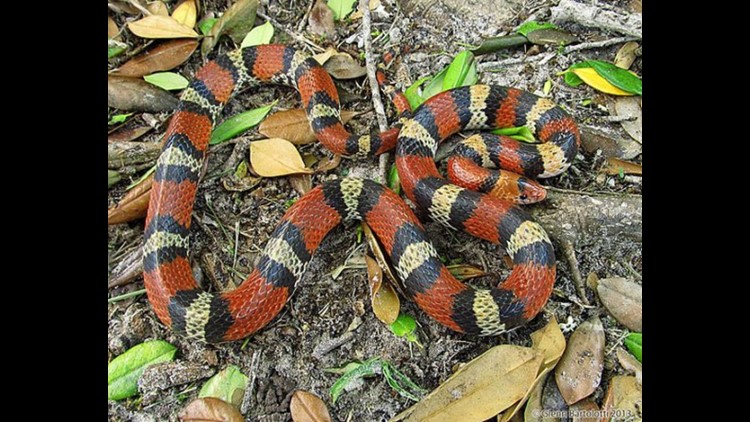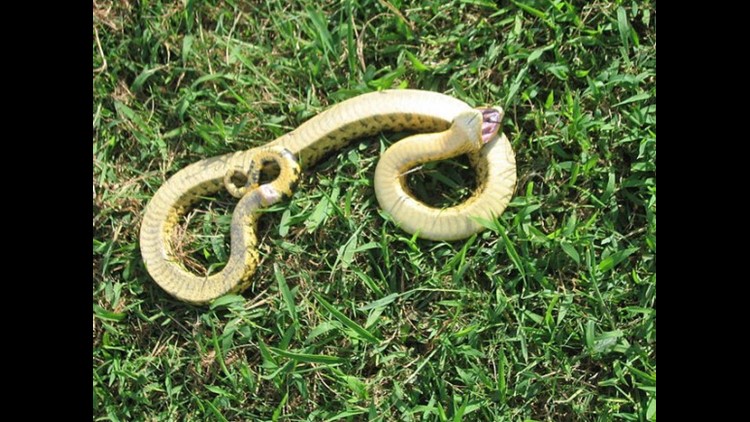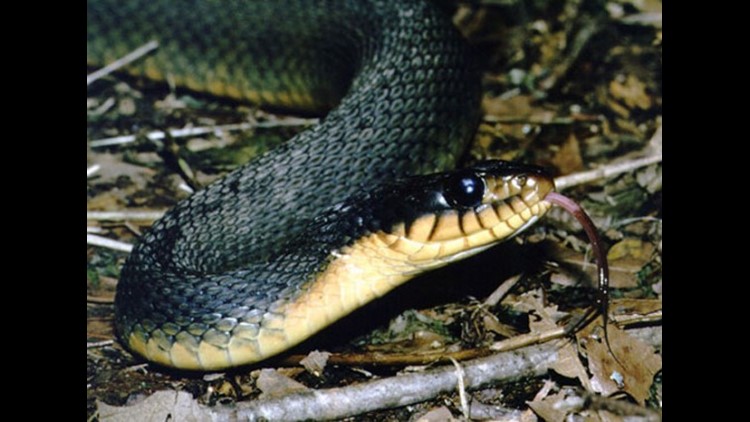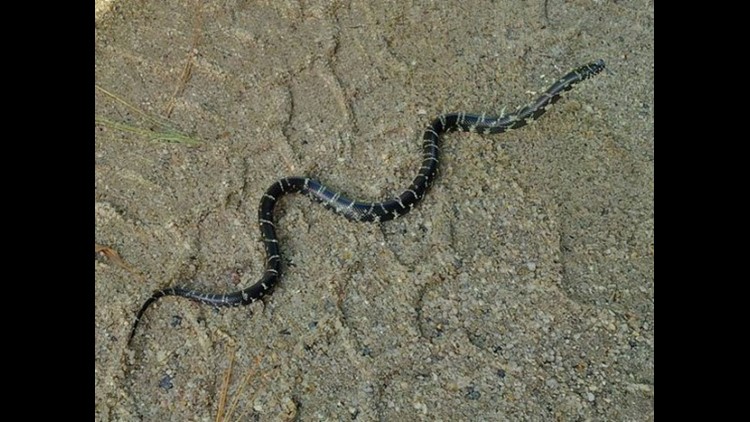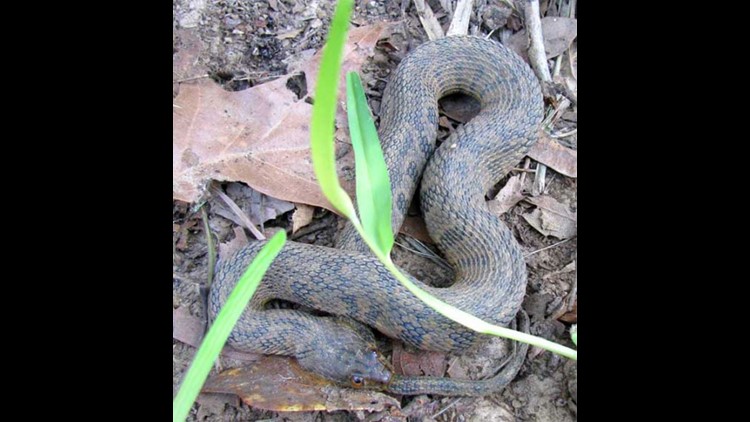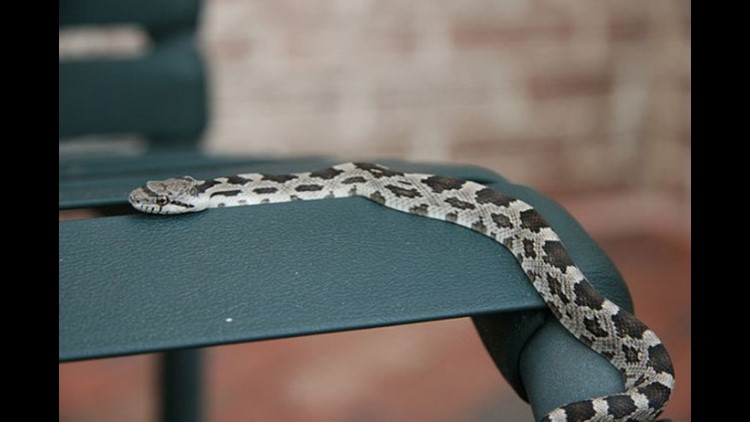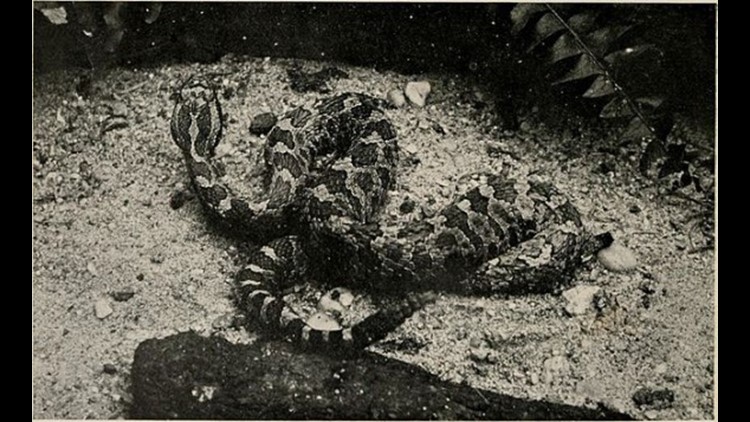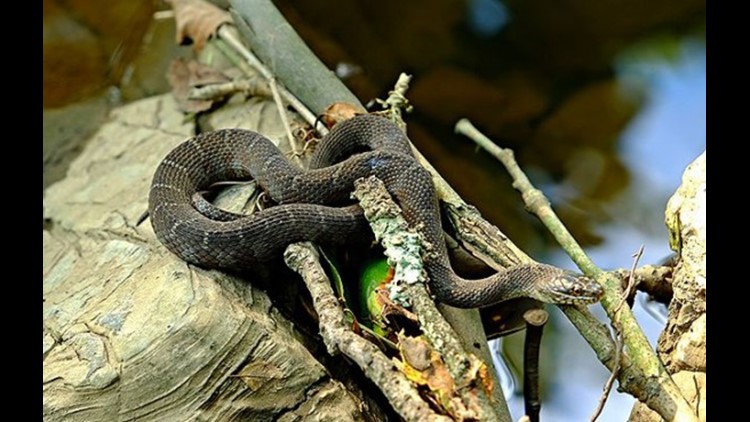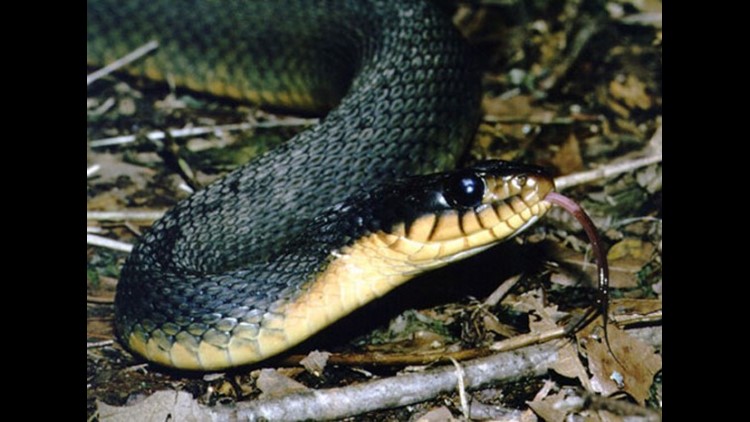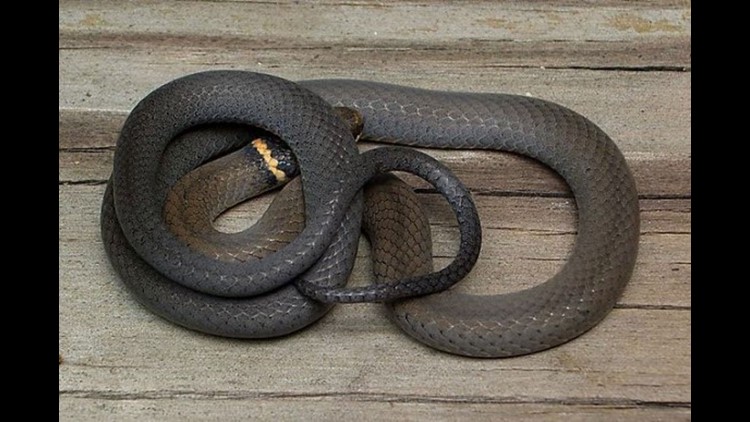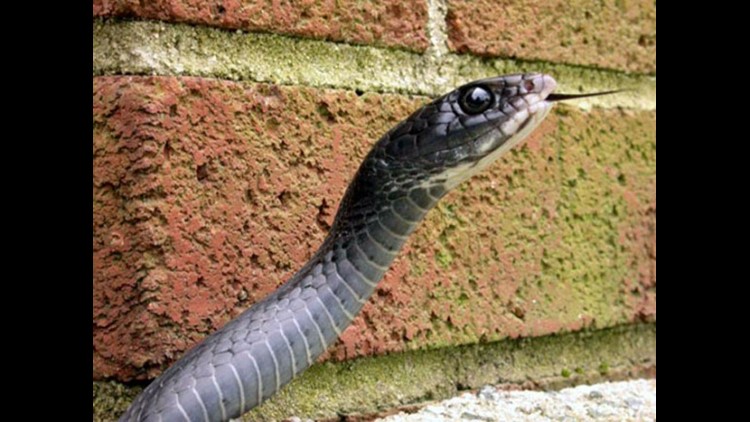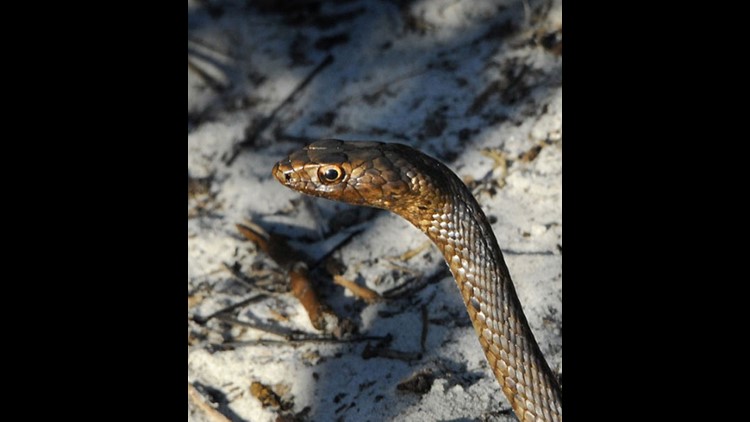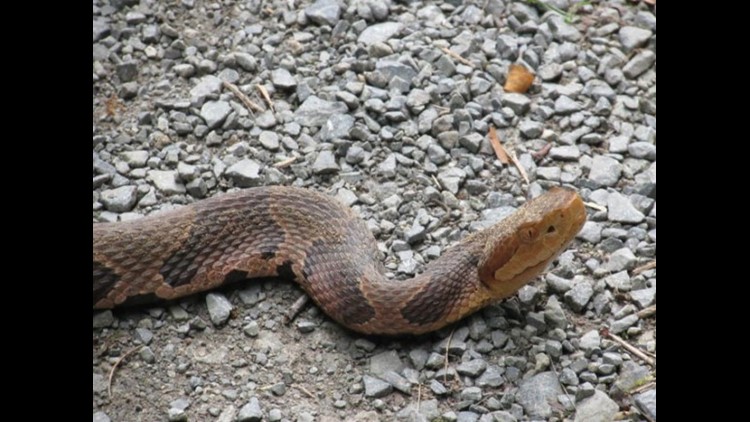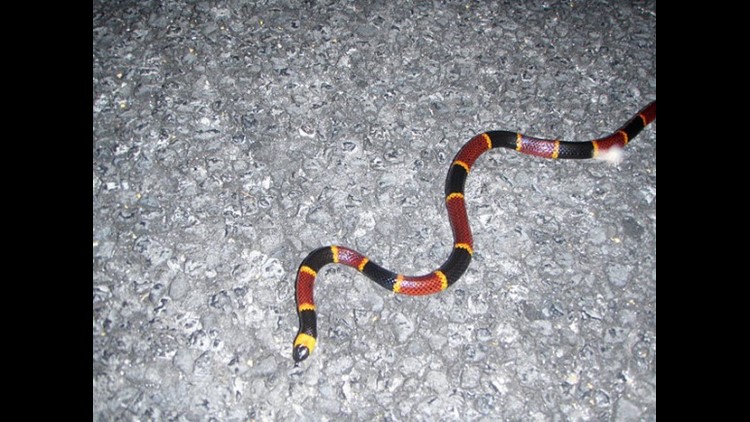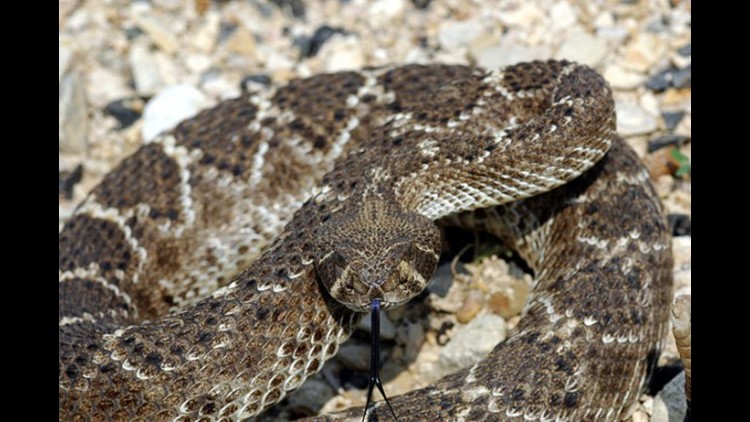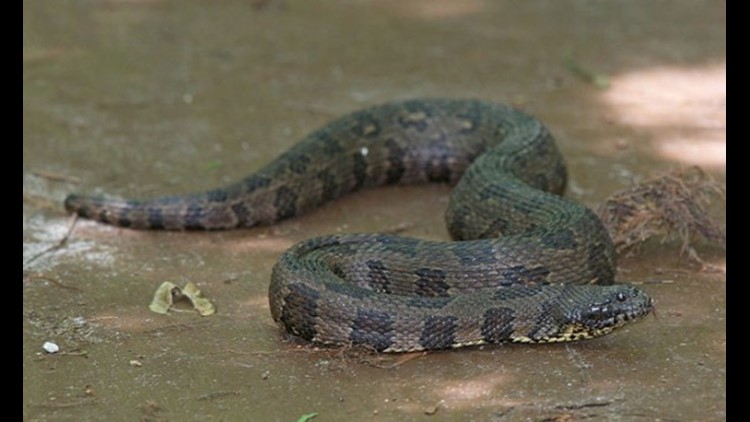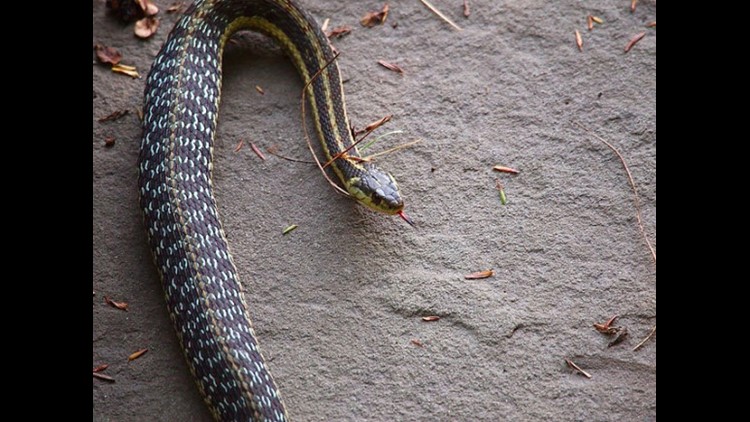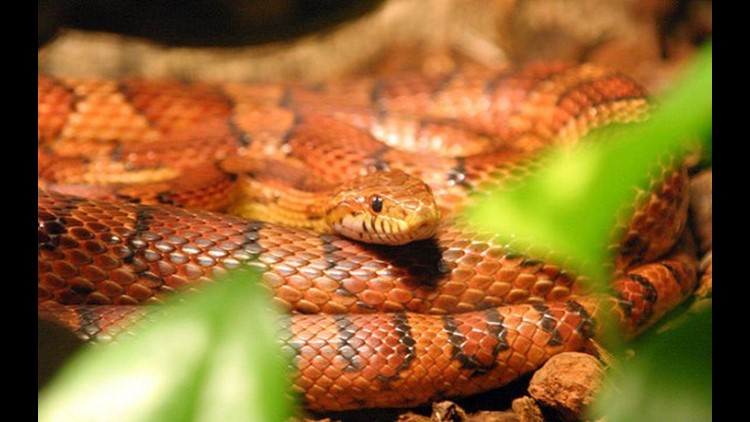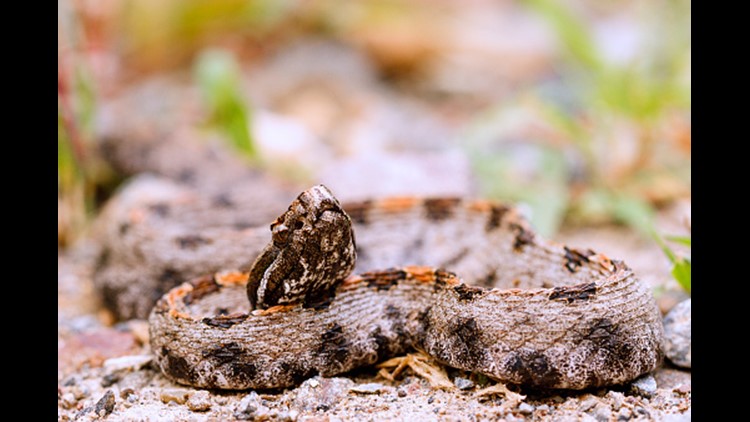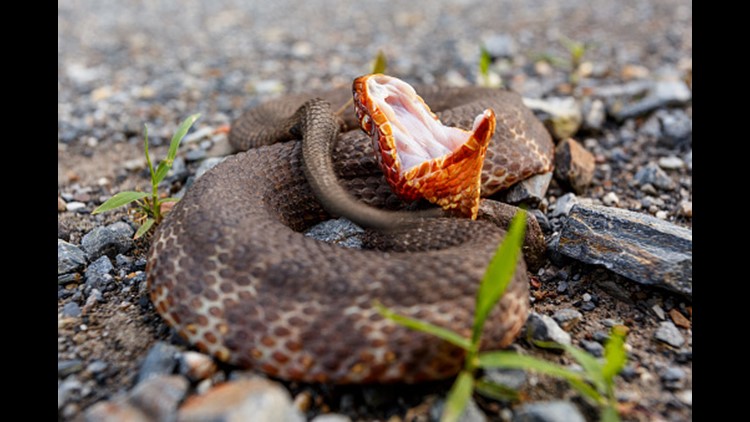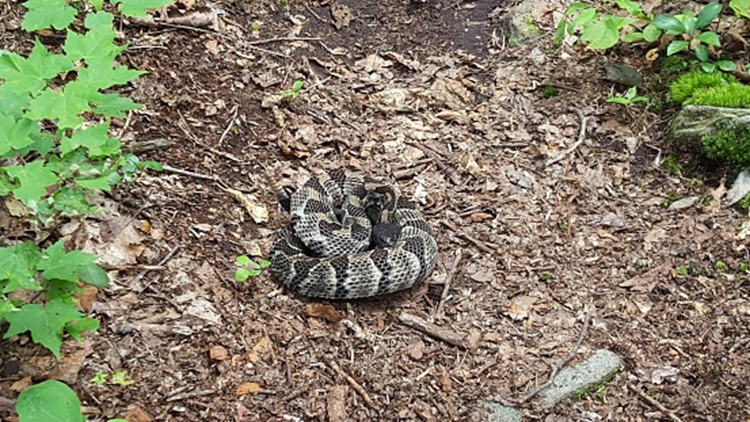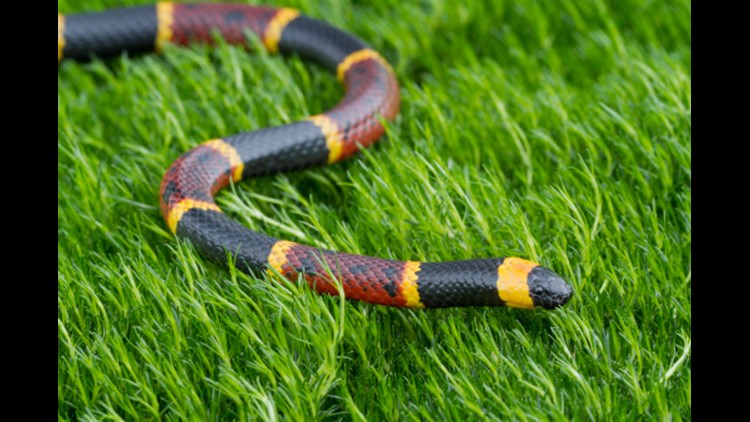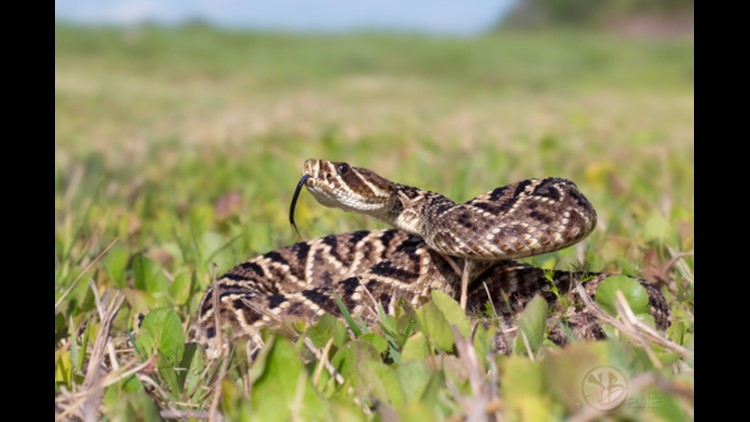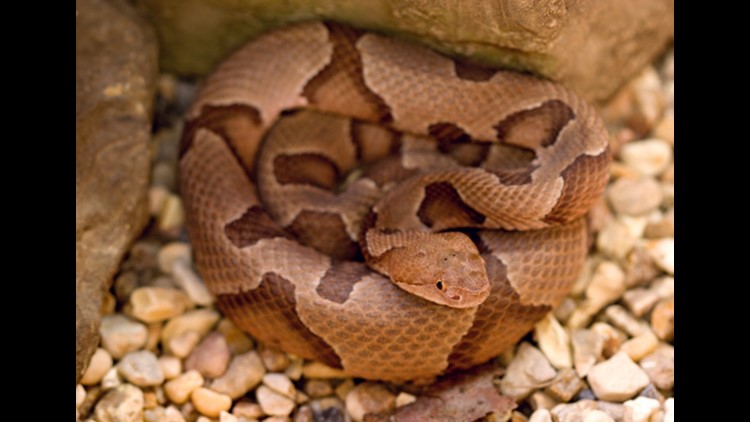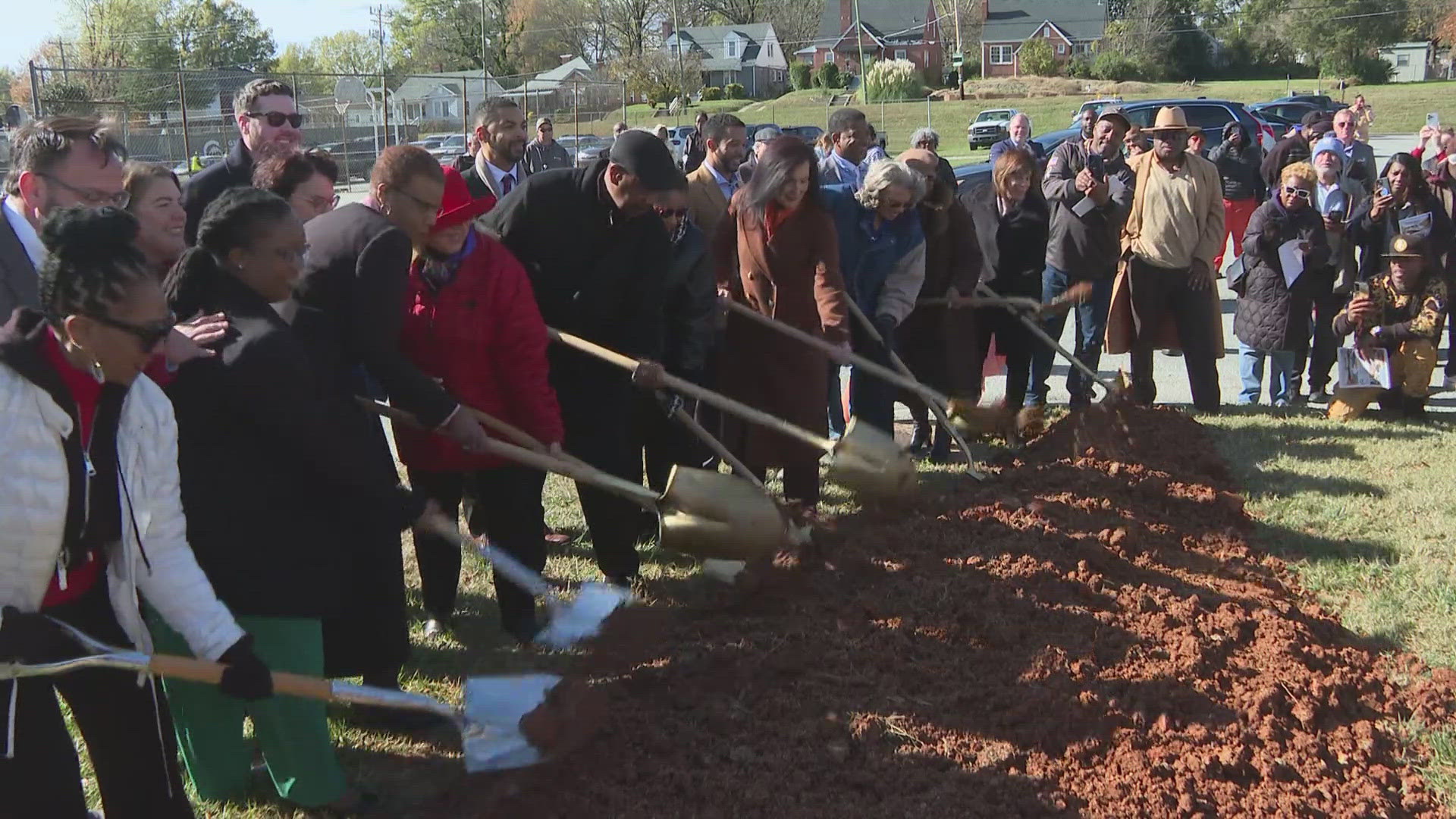RALEIGH, N.C. -- It’s probably easier said than done, but North Carolina Wildlife Resource officers warn if you see a snake don’t panic, in fact just leave it alone and walk away.
Jeff Hall, a wildlife diversity biologist said, “When people encounter a snake, particularly in their backyard, it can be startling for both the person and the snake.”
According to wildlife officers, most snakes even venomous ones are reluctant to bite because they use their energy or their venom to acquire food, and they don’t view humans as a food source.
However, snake bites still do occur, but mostly when a person tries to pick it up, steps on it by accident, or tries to kill it.
Wildlife officers also see an increase in snake related calls during this time of year. Many people often mistakenly report seeing copperhead snakes.
PHOTOS: Snakes Of North Carolina
“While it’s not uncommon for people to have a copperhead in their yard, usually what they have is a nonvenomous and harmless species, such as a rat snake or a garter snake, both of which are commonly found in backyards,” Hall said.
Hall also said snakes pose little threat to pets and children – if left alone. A snake will bite or lunge toward an aggressor if they feel confronted or harassed or there’s no escape route.
Venomous Snakes of North Carolina
You can do the following to make your backyard less hospitable to snakes:
- Clean up the clutter by removing piles of rocks, wood and other debris that attract rodents and snakes.
- Mow the lawn to keep the grass cut short. Snakes prefer tall grasses to seek out their prey. They’re also easier to spot in shorter grass.
- Discourage snakes from entering your home by closing gaps and holes, repairing damage to siding and foundation, sealing openings under doors, windows and around water pipes.
For more information call the NC Wildlife Helpline: 866-318-2401. The center is open Monday through Friday from 8:00 a.m. – 5:00 p.m.


